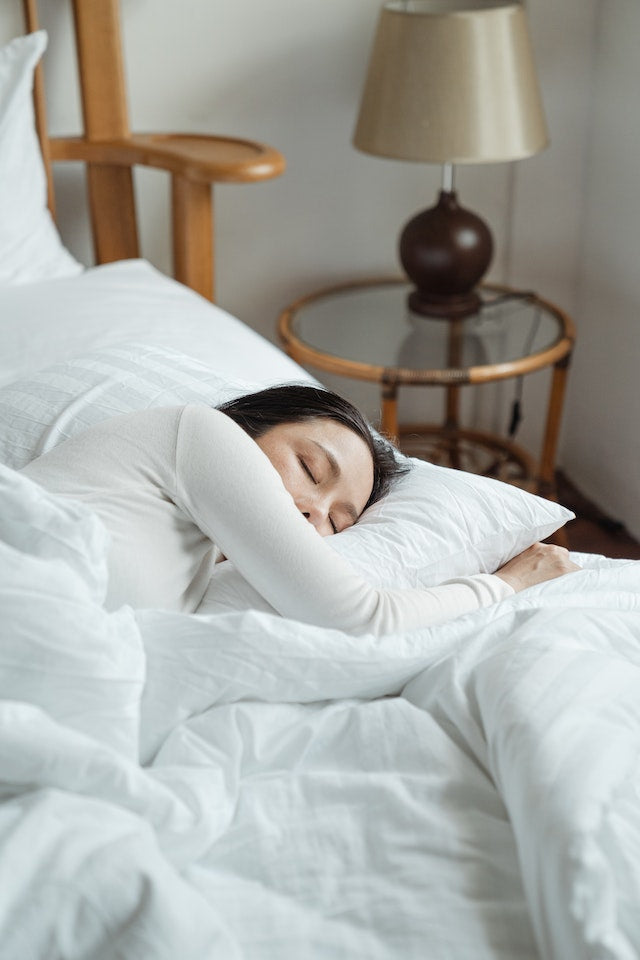
How Much Sleep Do Women Need? Unveiling the Optimal Sleep Duration for Women
Share
Sleep is a vital component of overall health and well-being, and getting enough quality sleep is particularly important for women. Adequate sleep supports various bodily functions, including hormone regulation, immune system function, cognitive performance, and emotional well-being. In this article, we delve into the optimal sleep duration for women, exploring the factors that influence sleep requirements and offering tips for improving sleep quality.
- Recommended Sleep Duration:
The National Sleep Foundation recommends that adults, including women, aim for 7-9 hours of sleep per night. However, it's important to note that individual sleep needs may vary depending on factors such as age, lifestyle, and overall health.
- Hormonal Influences:
Hormonal changes throughout the menstrual cycle and during pregnancy can impact women's sleep patterns. Estrogen and progesterone fluctuations can affect sleep quality, leading to changes in sleep duration and sleep disturbances. Understanding these hormonal influences can help women adjust their sleep routines accordingly.
- Age-Related Changes:
Sleep needs may change as women go through different life stages. For example, older women may experience changes in sleep architecture, such as more frequent awakenings during the night. Postmenopausal women may also face challenges with sleep due to hormonal fluctuations. Adjusting sleep routines and implementing relaxation techniques can help manage these changes.
- Lifestyle Factors:
Various lifestyle factors can influence women's sleep needs. Physical activity, stress levels, and work schedules can impact sleep quality and duration. Regular exercise, stress management techniques, and establishing consistent sleep routines can promote better sleep for women.
- Pregnancy and Motherhood:
Pregnancy and the early stages of motherhood often involve disrupted sleep patterns due to frequent nighttime awakenings and the demands of caring for a newborn. Understanding the importance of prioritizing rest, seeking support, and implementing strategies to optimize sleep during this time is crucial for maternal well-being.
- Sleep Disorders:
Women are more prone to certain sleep disorders such as insomnia, restless leg syndrome, and sleep apnea. Identifying and addressing any underlying sleep disorders is essential for improving sleep quality and overall health.
- Tips for Better Sleep:
- Maintain a consistent sleep schedule by going to bed and waking up at the same time each day.
- Create a relaxing bedtime routine that includes activities like reading, taking a warm bath, or practicing relaxation techniques.
- Ensure your sleep environment is comfortable, quiet, and conducive to sleep.
- Limit exposure to electronic devices before bed, as the blue light emitted can interfere with sleep.
- Avoid consuming caffeine or stimulating substances close to bedtime.
- Manage stress through practices like mindfulness, meditation, or journaling.
- Engage in regular physical activity, but avoid exercising too close to bedtime.
Achieving the right amount of sleep is essential for women's overall health and well-being. By understanding the optimal sleep duration and the factors that influence sleep requirements, women can make informed choices to prioritize their sleep and improve sleep quality. Implementing healthy sleep habits, managing stress, and seeking professional help when necessary can contribute to better sleep and enhanced overall health. Prioritizing quality sleep is an investment in your physical, mental, and emotional well-being as a woman.
